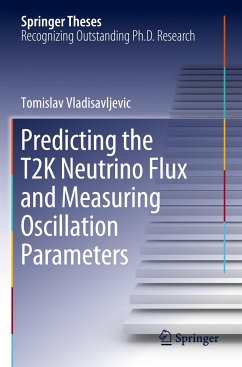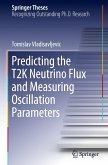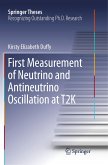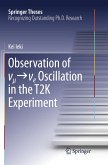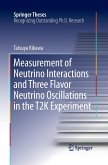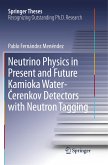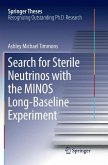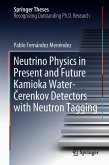This thesis reports the calculation of neutrino production for the T2K experiment; the most precise a priori estimate of neutrino production that has been achieved for any accelerator-based neutrino oscillation experiment to date. The production of intense neutrino beams at accelerator facilities requires exceptional understanding of chains of particle interactions initiated within extended targets. In this thesis, the calculation of neutrino production for T2K has been improved by using measurements of particle production from a T2K replica target, taken by the NA61/SHINE experiment. This enabled the reduction of the neutrino production uncertainty to the level of 5%, which will have a significant impact on neutrino oscillation and interaction measurements by T2K in the coming years. In addition to presenting the revised flux calculation methodology in an accessible format, this thesis also reports a joint T2K measurement ofmuon neutrino and antineutrino disappearance, and the accompanying electron neutrino and antineutrino appearance, with the updated beam constraint.
Bitte wählen Sie Ihr Anliegen aus.
Rechnungen
Retourenschein anfordern
Bestellstatus
Storno

